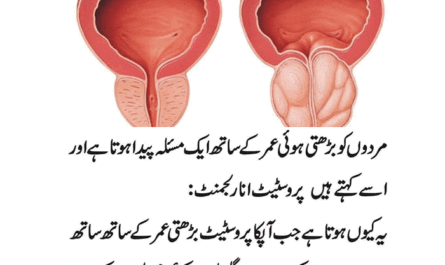Understanding Belly Fat
Belly fat, also known as visceral fat, not only affects your appearance but also poses serious health risks. Understanding the causes and consequences of belly fat is the first step towards achieving a healthier lifestyle.
The Dangers of Excess Belly Fat
Why Belly Fat is Harmful
Excess belly fat is linked to various health conditions, including heart disease, type 2 diabetes, and certain cancers. It secretes inflammatory substances that can disrupt normal bodily functions and increase the risk of chronic diseases.
The Importance of Losing Belly Fat
Reducing belly fat is crucial for improving overall health and reducing the risk of obesity-related complications. It can lead to significant improvements in metabolic health, cardiovascular function, and quality of life.
Understanding the Causes of Belly Fat
Factors Contributing to Belly Fat Accumulation
Several factors contribute to the accumulation of belly fat, including genetics, diet, sedentary lifestyle, stress, and hormonal imbalances. Identifying these factors can help tailor effective strategies for belly fat reduction.
The Role of Hormones
Hormones such as cortisol, insulin, and estrogen play a significant role in fat storage, particularly around the abdominal region. Imbalances in these hormones can promote the accumulation of belly fat.
Strategies for Reducing Belly Fat
Adopting a Healthy Diet
Importance of a Balanced Diet
A balanced diet rich in whole foods, fruits, vegetables, lean proteins, and healthy fats is essential for reducing belly fat. It provides essential nutrients while promoting satiety and preventing overeating.
Tips for a Belly Fat-Busting Diet
Focus on portion control, reduce intake of processed foods, sugary beverages, and refined carbohydrates. Incorporate fiber-rich foods, such as vegetables and whole grains, which aid in digestion and promote weight loss.
Increasing Physical Activity
Benefits of Exercise
Regular physical activity helps burn calories, build lean muscle mass, and improve overall health. It is an effective way to target belly fat and promote weight loss.
Effective Exercises for Belly Fat Reduction
Incorporate a combination of cardiovascular exercises, strength training, and core-strengthening exercises into your workout routine. Aim for at least 150 minutes of moderate-intensity exercise per week.
Managing Stress Levels
Impact of Stress on Belly Fat
Chronic stress triggers the release of cortisol, a hormone that promotes fat storage, particularly in the abdominal area. Managing stress is essential for reducing belly fat and improving overall well-being.
Stress-Reduction Techniques
Practice stress-reduction techniques such as meditation, deep breathing, yoga, or engaging in hobbies that promote relaxation and mental wellness. Prioritize self-care and seek support from loved ones or mental health professionals.
Getting Adequate Sleep
Importance of Sleep for Belly Fat Reduction
Quality sleep plays a crucial role in regulating appetite hormones, metabolism, and energy balance. Lack of sleep can disrupt these processes and contribute to weight gain, including belly fat accumulation.
Tips for Improving Sleep Quality
Establish a regular sleep schedule, create a relaxing bedtime routine, and optimize your sleep environment for comfort and tranquility. Avoid caffeine and electronics before bedtime to promote better sleep hygiene.
Limiting Alcohol Consumption
Impact of Alcohol on Belly Fat
Excessive alcohol consumption can contribute to belly fat accumulation due to its high calorie content and effects on metabolism. Limiting alcohol intake is crucial for reducing belly fat and improving overall health.
Strategies for Moderating Alcohol Consumption
Set limits on your alcohol intake, opt for lower-calorie alcoholic beverages, and alternate alcoholic drinks with water to stay hydrated and reduce calorie intake. Be mindful of portion sizes and avoid binge drinking.
Conclusion: Embracing a Healthier Lifestyle
Reducing belly fat requires a comprehensive approach that includes adopting a healthy diet, increasing physical activity, managing stress, getting adequate sleep, and moderating alcohol consumption. By incorporating these strategies into your daily routine, you can achieve significant improvements in both your waistline and overall health.






